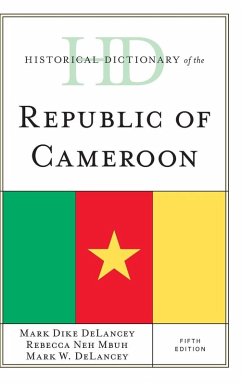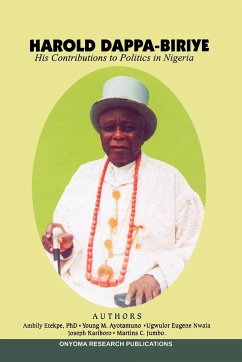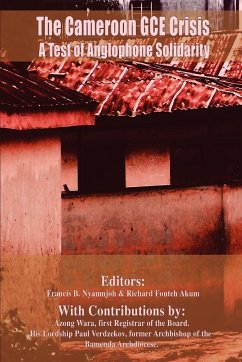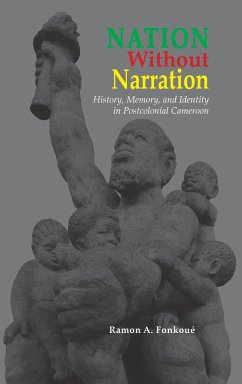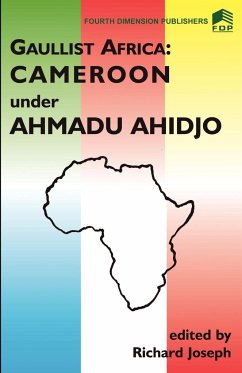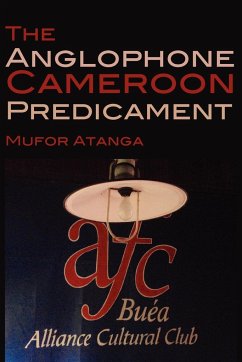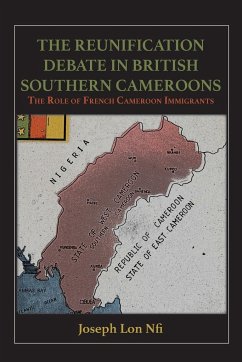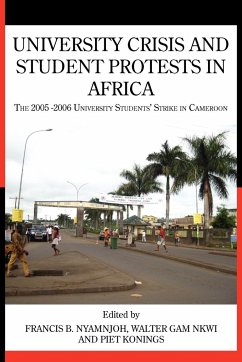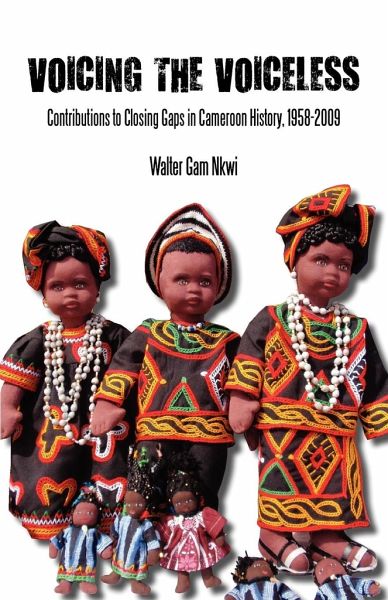
Voicing the Voiceless. Contributions to Closing Gaps in Cameroon History, 1958-2009
Versandkostenfrei!
Versandfertig in 1-2 Wochen
48,99 €
inkl. MwSt.

PAYBACK Punkte
24 °P sammeln!
The history of the subalterns, also known as the history of the voiceless, took currency in the early 1980s in South East Asia and has been dominated by scholars from that region. Despite its popularity, the history of the voiceless has not gained the attention it deserves in Cameroon historiography. In other parts of Africa and beyond this type of history has already taken root and animated scholarly production and debate. Cameroon history has been replete with studies that focus mostly on political history and the actions and intentions of top politicians of the day, with scant regard for th...
The history of the subalterns, also known as the history of the voiceless, took currency in the early 1980s in South East Asia and has been dominated by scholars from that region. Despite its popularity, the history of the voiceless has not gained the attention it deserves in Cameroon historiography. In other parts of Africa and beyond this type of history has already taken root and animated scholarly production and debate. Cameroon history has been replete with studies that focus mostly on political history and the actions and intentions of top politicians of the day, with scant regard for the historical importance of the everyday life of ordinary Cameroonians as makers and breakers. This book takes a bold step in the direction of subaltern studies in Cameroon, and makes a clarion call for the institutionalization of voicing the voiceless. Nkwi - innovative and stimulating in his blend of history and ethnography of the everyday - offers fresh insights into the contextual understandings of subaltern Cameroon between 1958 and 2009. This is a welcome contribution to closing gaps in social history, from a leader amongst a budding new generation of historians of Cameroon and Africa.





